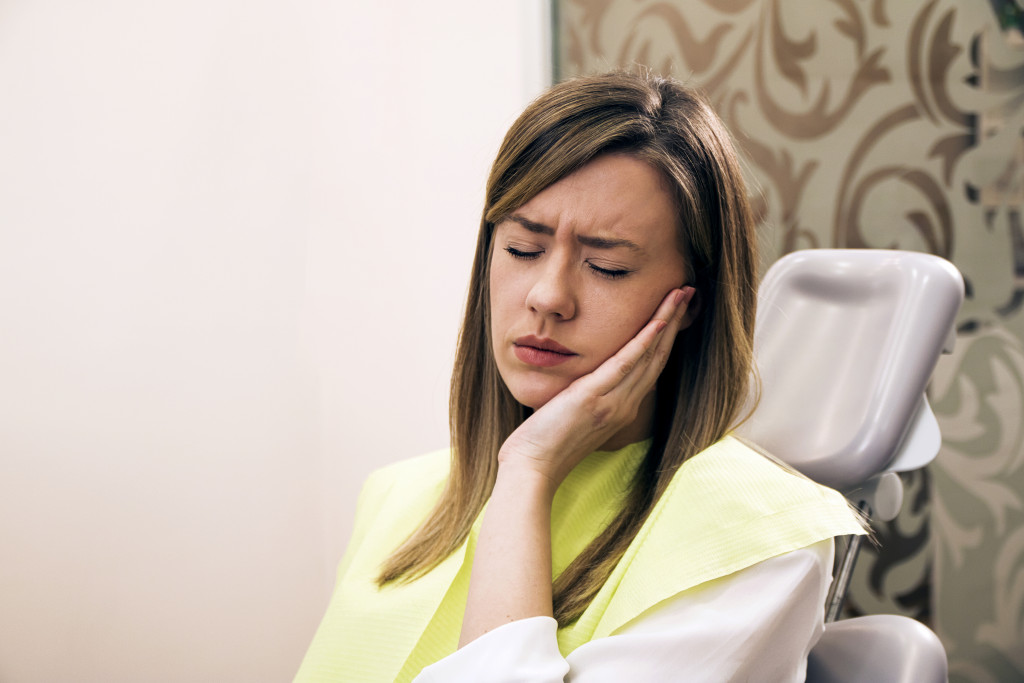Taking care of one’s smile is important. Going beyond looking good, having healthy teeth and gums contributes to one’s overall well-being. No wonder why even experienced pediatric dentists always highlight the value of keeping good oral hygiene.
However, National Center for Health Statistics shows that about 13.2% of children between ages 5 to 19 have untreated dental caries. The percentage is even higher among adults with about 25.9% having the same condition. If left untreated, they can worsen and eventually fall out. In that case, we recommend that you opt for porcelain veneers by a Dentist in Oxnard.
When it comes to oral health, there are also several misconceptions circling around. Although a few do not cause any harm, plenty out there could cause damage to your teeth and gums. There are even seemingly innocent habits that could actually cause serious harm in the long run.
So, let us learn more about these common myths and misconceptions about oral hygiene.
- 1. Cavities Are Caused by Sugar
- 2. Hard Brushing Makes Teeth Cleaner
- 3. Bleeding Gums are Normal
- 4. Sugar-Free Gum Can Substitute for Brushing
- 5. White Teeth Are Healthy Teeth
- 6. Flossing Is Not Necessary
- 7. Mouthwash Can Replace Brushing
- 8. Charcoal Toothpaste Is Better
- 9. Baby Teeth Do Not Need Brushing
- 10. Gum Disease Only Concerns Your Mouth
1. Cavities Are Caused by Sugar
It is not sugar per se that causes cavities. But, it does contribute to its formation. Our mouth is filled with bacteria. These bacteria feed on sugar. So, when we eat a lot of sticky food such as those containing starches, the bacteria on and around our teeth thrives.
When these bacteria feed on sugar, they produce acidic compounds that could lead to tooth decay. That is why it is recommended to brush your teeth at least twice a day to minimize acid and plaque buildup.
2. Hard Brushing Makes Teeth Cleaner
Admit it, at some point in your life, you have also believed in the notion that the harder you brush your teeth, the cleaner it gets. The truth is, it is only damaging. Hard brushing causes trauma on your tooth enamel and gum tissues. It could even lead to something worse like gum recession.
Dentists recommend gentle brushing for at least 2 minutes, twice a day. Your toothbrush should be held at a 45-degree angle, going through circular motions on your gums.
3. Bleeding Gums are Normal
Bleeding gums are not at all normal. It is a sign that you have inflamed gums when your gums bleed whenever your brush or floss. Gum inflammation occurs due to excessive plaque buildup, gingivitis, or other gum diseases.
Nonetheless, you can prevent gum bleeding due to bacteria and plaque buildup by flossing daily.
4. Sugar-Free Gum Can Substitute for Brushing
While there are chewing gums that can aid oral health, like the sugar-free varieties, they still cannot replace the oral health care given by brushing your teeth at least twice a day. Removing plaques from the surfaces of your teeth and gums is not a job designed for chewing gums.
Sugar-free gums are only good if you want better breath as it helps wash away any acid from the food and beverages we take.
5. White Teeth Are Healthy Teeth
While whiter teeth may be attractive, it is not at all a telling sign of how healthy your teeth are. Of course, teeth start out white, but over time, with the food and drinks we take, plus our lifestyle, our teeth would become discolored.
Most people focus too much on whitening their teeth that they often overlook important underlying oral health problems. Consult with your dentist if you notice discoloration on your teeth rather than undergoing a teeth whitening procedure immediately.

6. Flossing Is Not Necessary
We have been taught at an early age that flossing is just as important as brushing one’s teeth. However, surprisingly, a study has shown that 1 out of 5 Americans never flosses, and of those who floss, only 40% does it daily.
Flossing is an integral part of good oral hygiene as it removes over 80% of plaque, helps fight bad breath, and it helps reduce the risks of gum diseases.
7. Mouthwash Can Replace Brushing
Some people think that mouthwash can substitute for brushing one’s teeth, especially when one is running out of time. However, mouthwash can only offer a short-term solution when it comes to removing bacteria and fresher breath.
Even if you use mouthwash every day, you still need to brush your teeth and floss too.
8. Charcoal Toothpaste Is Better
Organic is the hype these days. No wonder bamboo toothbrushes and charcoal toothpaste are becoming the thing. But you need to know that using charcoal toothpaste every day is actually harmful to your teeth. Charcoal is an ingredient that is too abrasive for your teeth that it wears down your enamels.
9. Baby Teeth Do Not Need Brushing
Some parents actually think baby teeth do not need brushing since they eventually fall off and be replaced by adult teeth. While true indeed that milk or baby teeth will be replaced eventually, children should be taught early the importance of oral hygiene.
Having poor oral health early on leads to a lifetime of various dental health problems.
10. Gum Disease Only Concerns Your Mouth
Some people think dental health problems are an isolated case — like it only concerns the mouth. Various studies have shown though that any oral health concerns could be linked to diabetes, heart diseases, and even cancer.




